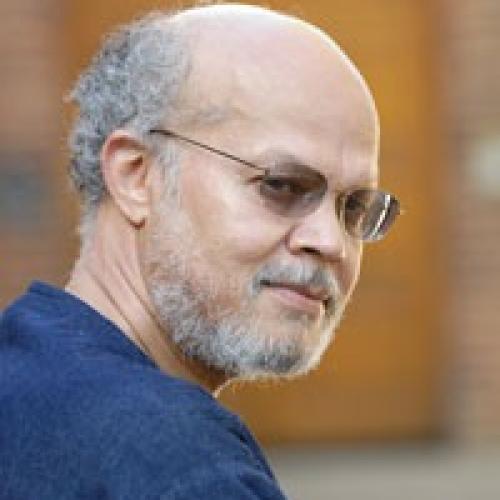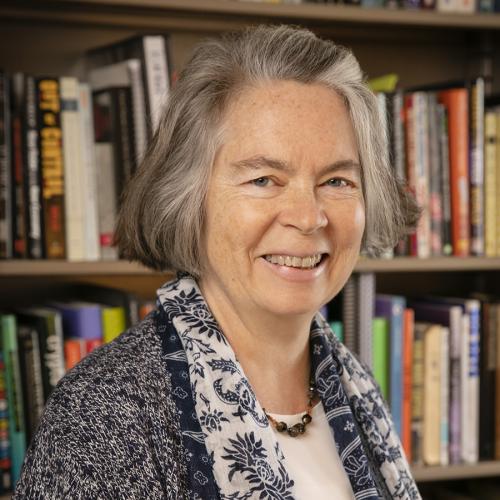The New Philadelphia National Historic Site in western Illinois, commemorating the first U.S. town to be legally founded by African Americans, is the nation's newest national park. The national park designation in late December is the result of years of work by descendants of New Philadelphia's inhabitants, Pike County residents living near the former village, University of Illinois Urbana-Champaign professors and students, and collaborators from across the nation.
Frank McWorter, known as "Free Frank," platted and registered the town of New Philadelphia in 1836. McWorter hired out for extra work on neighboring plantations while enslaved, and he and his wife, Lucy, bought freedom for themselves and 14 other family members. They acquired land in Pike County, and after platting and registering space for the town, Frank and Lucy sold lots to free African American families and European American families attracted to their vision of a community dedicated to freedom. New Philadelphia – just 25 miles from the slave markets in Hannibal, Missouri, – helped people escaping slavery along the Underground Railroad.
The town eventually lost residents after being bypassed by a railroad line. In time, the once-thriving town was overtaken by agricultural fields and prairie grass.
Gerald McWorter (Abdul Alkalimat), a professor emeritus of African American studies and information sciences, is the great-great-grandson of Frank McWorter. He and his wife Kate Williams-McWorter, an information sciences professor, have worked with the New Philadelphia Association to document the history of the town.
They said the New Philadelphia National Historic Site tells a different story than many of the National Park Service sites that examine the experiences of African Americans.
"Many of the new sites dealing with African Americans are about a way in which people experienced the horrors of slavery or the horrors of lynching. This is a different kind of recognition about the agency of African Americans to create a solution," McWorter said. "The narrative of the Underground Railroad and abolition has so often told of liberal white people taking care of Black people. Here, we have a narrative of Black people freeing themselves."
From the beginning, the descendants of the families that lived in New Philadelphia and the local community have driven the interest in preserving the memories of the town. They created the New Philadelphia Association and initiated the archaeological work at the site, said U. of I. anthropology professor and archaeologist Christopher Fennell.
Fennell worked with a collaborative group of researchers to oversee an extensive survey and excavation of the site and to lead the effort to have New Philadelphia named to the National Register of Historic Places in 2005 and designated a National Historic Landmark in 2009.

The archaeological excavations took place between 2002-2011, and those working on the site followed the rigorous National Park Service protocols for such work, including surveying the site, leaving large portions of infrastructure such as building foundations intact and using a specific database format for recording artifacts and evidence uncovered during excavations, Fennell said.
The reports on the archaeological work were finished in 2013, and the National Park Service initiated a feasibility study of the site.
In responding to broad-based feedback on better ways to tell the story of African American history, the National Park Service accelerated the process of looking at sites dealing with the fight against racism, Fennell said. One of the challenges it faced is finding enough evidence to tell the story of a particular place, he said.
"Quite often, structural racism wiped away from the landscape the impact of these places," he said.

